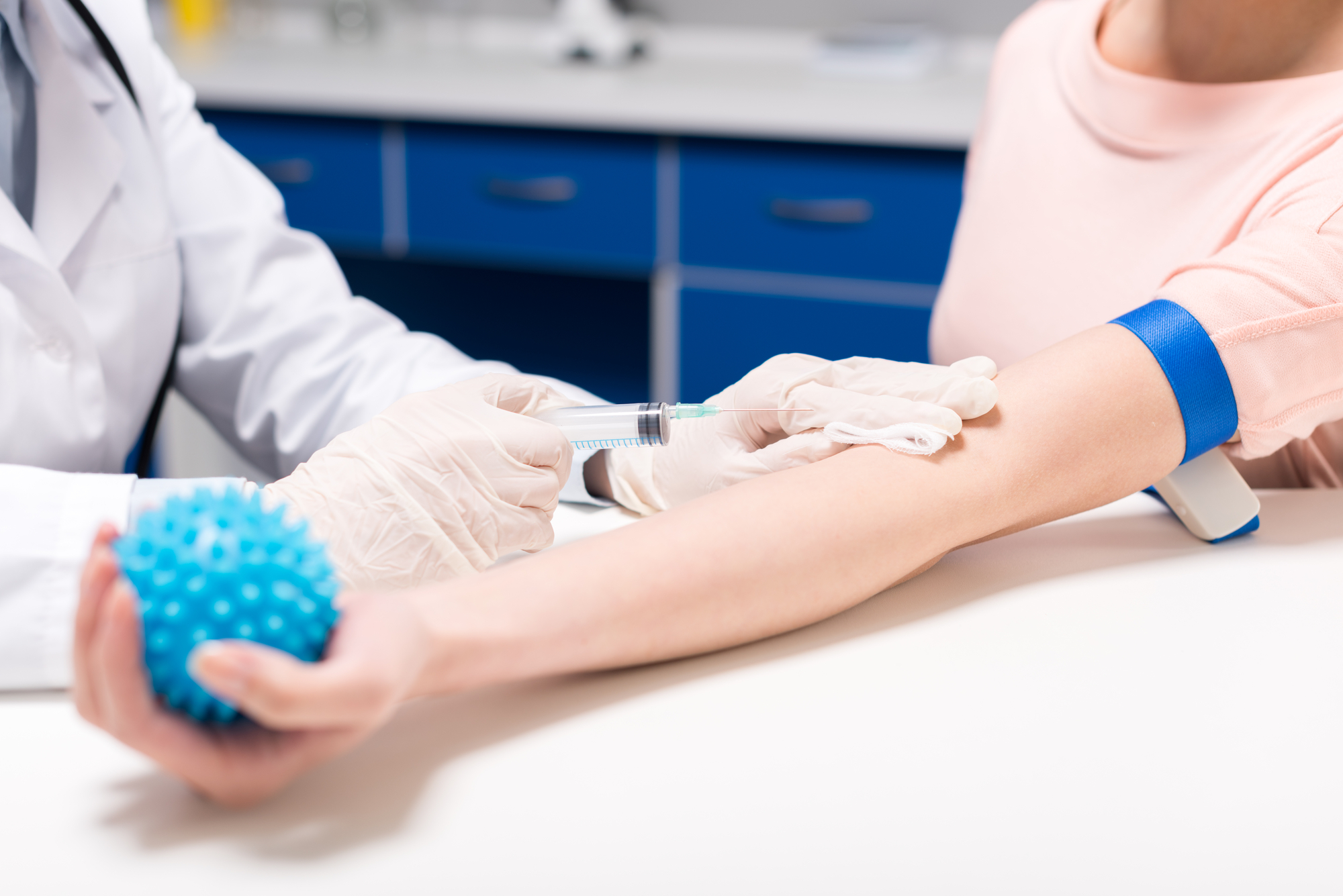Researchers in the United Kingdom have launched two groundbreaking blood test trials aimed at detecting dementia.
Led by University College London’s Dementia Research Centre and the research group Dementias Platform UK, these trials are set to recruit thousands of volunteers from diverse backgrounds across the nation.
Their mission is to explore the potential of blood tests in identifying toxic proteins associated with various forms of dementia.
Approximately one million individuals in Britain currently live with this condition, and projections suggest this number will increase to around 1.7 million by 2040, potentially leading to dire outcomes.
The challenge of diagnosing dementia early is well-known, with brain changes occurring decades before symptoms manifest. Traditional methods like positron emission tomography (PET) scans and lumbar punctures are effective but costly and invasive. These trials aim to make diagnosis more accessible by leveraging blood samples, a familiar and non-invasive procedure for most.
Blood test to detect dementia
The focus lies on detecting specific proteins, such as pTau217 associated with Alzheimer’s disease, which have shown promising results in previous studies. By analyzing blood samples for these proteins, researchers hope to diagnose the condition earlier and differentiate between its various forms, providing tailored treatments.
What makes these trials particularly significant is their inclusivity, with 3,000 participants from diverse backgrounds participating. This diversity enhances the likelihood of developing tests that cater to all demographics, including the elderly, ethnic minorities, and those with other medical conditions.
While current treatments for dementia are limited, recent developments in drugs targeting toxic amyloid proteins have shown promise in slowing disease progression. Though not a cure, these advancements underscore the potential for altering the course of dementia, offering hope to millions worldwide.
With blood tests emerging as a crucial tool in early detection, the path to effective treatments for all affected by the disease becomes tangible.
Cover Photo: Depositphotos
Read More News

